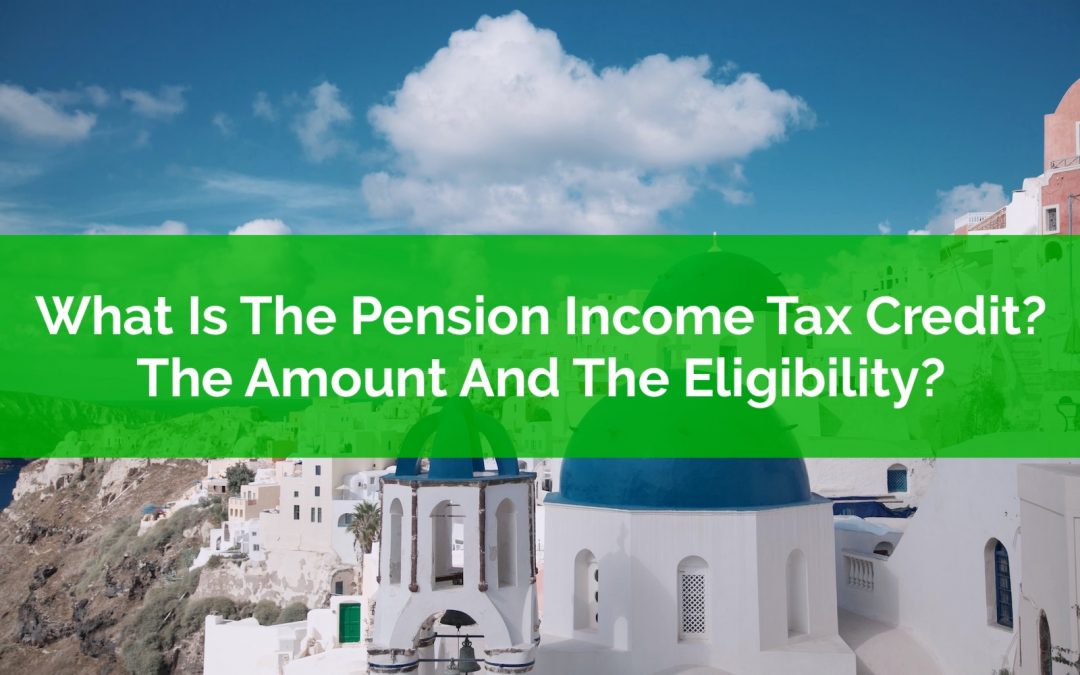
by Owen | Sep 20, 2021 | Behavioral Finance, Budgeting, Financial Goals, Financial Planning, Income, Retirement Planning, Saving Money, Tax Planning
In a world filled with uncertainty a financial plan has this amazing ability to predict the future.
It can help predict future income, expenses, assets, and debts. It can help predict if you’ll be financially secure in the future or if you’ll be eating cat food. It can help predict if you need to save more to achieve your goals or if you can spend more now and enjoy today. In can help predict if you’ll run out of money in retirement or if you’ll end up with millions.
A financial plan isn’t a perfect prediction of course. It’s based on certain assumptions. But good assumptions can create a good prediction. There will still be some chance of the future working out differently than planned, but with a path mapped out the future becomes very real and very achievable.
They say that “failing to plan is planning to fail”. A financial plan will help you know where you’re going. It will help you create a clear roadmap to follow. If you can hit the milestones on the roadmap then success is all but guaranteed.
Here are just a few ways that a financial plan can help you predict the future and make it a reality.

by Owen | Sep 13, 2021 | Retirement Planning, Tax Planning
After reaching age 65 there are a couple of tax credits that we become eligible for. These tax credits vary in the amount of tax they save, but in general they help decrease income tax payable for those over the age of 65, and they can be very helpful to lower taxes in retirement.
But with some of these tax credits, they only apply if you have certain types of retirement income, and the pension income tax credit is one of those tax credits.
The pension income tax credit is one of a couple of tax credits that become available to everyone after age 65 (there is also the Age Amount Credit) but some people can access the pension income tax credit earlier than age 65 if they have certain types of retirement income.
All of these tax credits add up to provide a significant amount of tax savings in retirement, so it pays to understand the various credits and how to qualify for them.
The pension income tax credit provides a tax credit of $2,000 federally and between $1,000 to $2,000 depending on the province.

by Owen | Sep 6, 2021 | Behavioral Finance, Budgeting, Financial Goals, Financial Planning, Retirement Planning
What do you prefer to spend your money on? Cars, houses, vacations? Everyone spends their money differently. Some people enjoy nice cars, large houses, the latest clothes or gadgets, luxurious vacations, food, wine, restaurants, the list is endless.
But for some of us, we like to spend our money a different way. Some of us like to slowly buy more and more freedom, flexibility, and time.
Like other ways to spend money, buying freedom is a personal choice, but it’s the right trade-off for us. We don’t value expensive cars, or large houses, or expensive clothes, but what we do value is freedom, flexibility, and time.

by Owen | Aug 16, 2021 | Financial Planning, Retirement Planning, Tax Planning
Both the Tax-Free Savings Account (TFSA) and the Registered Retirement Savings Plan (RRSP) are tax-sheltered accounts offered to Canadians by the government as a way to help save and invest without the drag of income tax on annual returns.
Although both are great ways to help grow your money, it can be difficult to decide which one is best for you.
Often one type of account is better for an individual than the other. In most cases we would prefer to maximize one of these accounts before moving on to the next.
Which account we choose, TFSA or RRSP, will depend on a number of factors. These factors may change over time. It’s reasonable to assume that a new grad entering the work force would be better suited to maximizing their TFSA first but as their income grows they may prefer to start focusing on their RRSP instead.
This decision between TFSA or RRSP often involves looking at your marginal effective tax rate today and your marginal effective tax rate in the future. You marginal effective tax rate is your income tax rate PLUS the claw back rate you experience from government benefits.
Making the right decision between TFSA or RRSP can help save $100,000’s over time.
It can mean paying thousands LESS in income tax and it can mean qualifying for thousands MORE in government benefits (like the Canada Child Benefit (CCB) or the Guaranteed Income Supplement (GIS) or one of dozens of other government benefits that are available).

by Owen | Jul 19, 2021 | Buying A Home, Financial Planning, Retirement Planning, Tax Planning
There are a number of personal and financial benefits when owning a home. There is the stability, the forced savings of mortgage payments, the potential for appreciation etc. etc. But there are two somewhat less obvious benefits of owning a home.
These benefits will help homeowners financially, both before retirement in the accumulation phase and also after retirement in the decumulation phase. These benefits will make it easier for homeowners to achieve their financial goals, decrease taxes, and minimize government benefit clawbacks.
In this post we’re going to explore two, perhaps hidden, benefits of owning a home.

by Owen | May 24, 2021 | Financial Planning, Insurance And Risk Management, Retirement Planning
No financial plan is immune from risk. No amount of planning is going to eliminate risk entirely. In fact, there are many common risks in a financial plan that may cause issues down the road. What we need to do is identify what types of risk a financial plan may face and find ways to reduce risk or mitigate it where possible.
When we talk about risk we naturally assume that means investment risk. While this is one common type of risk, there are also many other risks we need to watch out for.
A lot of these risks can be reduced or sometimes even eliminated with proper planning. For each major type of risk below, we’ve highlighted a few ways to help mitigate the impact it may cause. But even with these tips, its usually impossible to eliminate risk entirely.
A financial plan will typically cover 30-50+ years. Over this time span there are many unknowns that may occur. A good financial plan will be flexible enough to absorb these unknowns and still be able to reach the same goals with only minor tweaks.
This flexibility is important. It’s impossible to eliminate all risk. It’s very likely that even the best laid plans will experience some disruption along the way. Having some flexibility, and knowing where that flexibility exists, will help reduce the stress and impact if the unfortunate were to happen.
Page 10 of 19«...89101112...»






